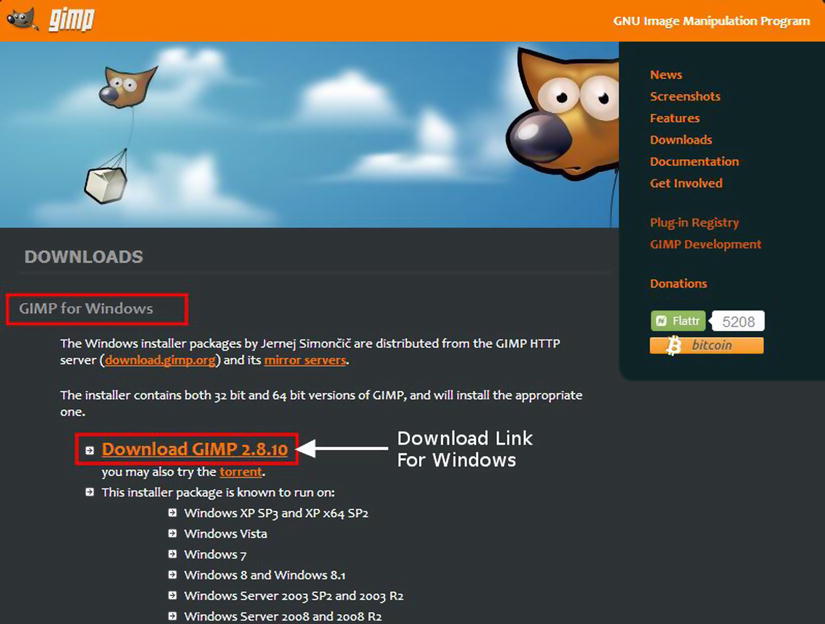
This lets you apply various filters, use parts of the image for resynthesiser input, or change colors using effects in the Color menu. Then you can move to the original Layer and apply changes that only affect the parts of the image you selected. You can select blueish colors (by using the Select by Color tool or Fuzzy select tool. Right click on Layer > select Duplicate Layer), use the Rotate Colors tool to select a hue range that identifies the things of interest, and map to a hue that isn't in the image - like pure blue.

You could identify some yellow-brown colours which might be the soil colour and map them to a more reddish brown.Ī very powerful trick is to use the Rotate Colors tool to select objects or things of interest in an image. For example you can choose green to greenish-yellow which could identify all vegetation, and map it to a lighter or darker green. The Rotate Colors tool lets you take a hue range and map it to another.

People can create digital art with just buttons, sliders adjustment, and tweaking text values - without needing to learn to 'draw' with a mouse. Modern GIMP tools like Rotate Colors tool and the incredibly powerful Resyntheisiser plugin allow people who don't have a previous, or professional, digital art background to create textures to change appearance of the environment.



 0 kommentar(er)
0 kommentar(er)
